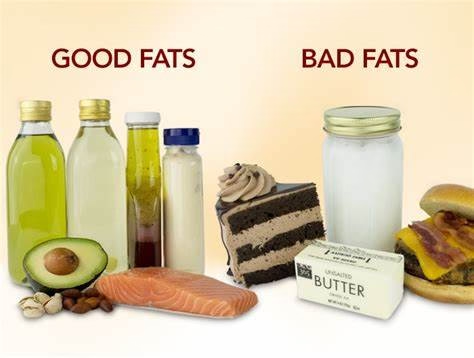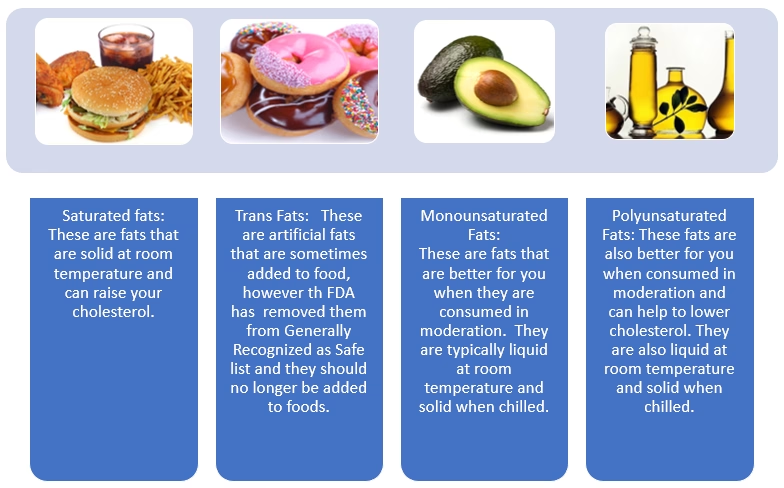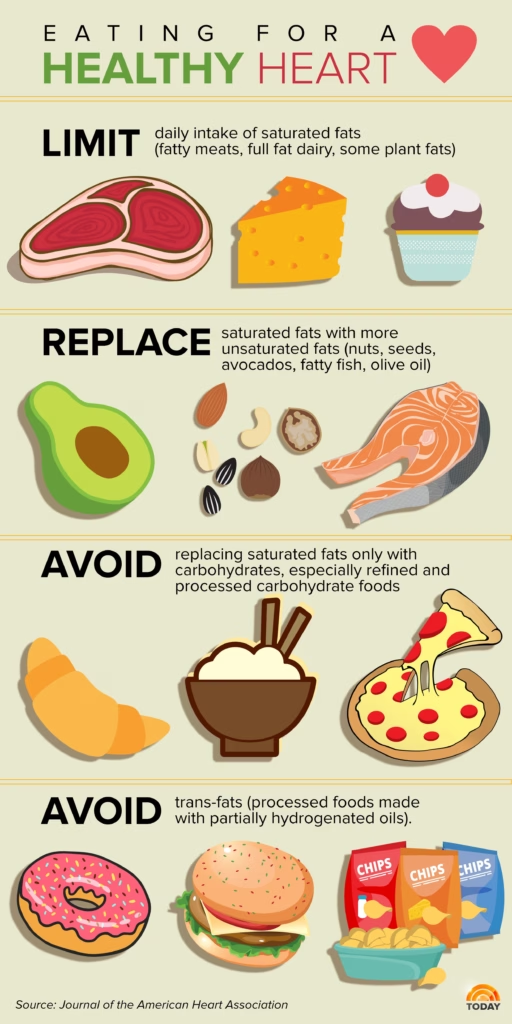When it comes to heart health, navigating the vast sea of nutrition advice can feel overwhelming. With numerous myths surrounding heart-healthy diets, it’s crucial to separate fact from fiction. Understanding the truth about these misconceptions can help you make informed decisions that support your cardiovascular wellness. Let’s dive into some of the most common nutrition myths and explore evidence-based insights for maintaining a heart-healthy diet.
Myth 1: All Fats Are Bad for Your Heart

One of the most persistent myths is that all dietary fats are detrimental to heart health. While it’s true that saturated and trans fats can increase cholesterol levels, not all fats have the same impact. Monounsaturated and polyunsaturated fats, found in foods like avocados, nuts, and olive oil, are beneficial for heart health. These fats can help reduce bad cholesterol levels and support overall heart function.
According to the American Heart Association, incorporating healthy fats into your diet can lead to better heart health outcomes. It’s essential to distinguish between harmful and beneficial fats, focusing on the latter to maintain cardiovascular wellness.
Incorporating Healthy Fats:
- Use olive oil instead of butter or margarine for cooking.
- Include a handful of nuts or seeds in your daily diet.
- Opt for fatty fish like salmon, which is rich in omega-3 fatty acids.

Myth 2: Low-Fat Diets Are Always Heart-Healthy
The belief that a low-fat diet is inherently heart-healthy is misleading. While reducing unhealthy fats is beneficial, cutting out fat entirely can lead to nutrient deficiencies and increased sugar consumption. Many low-fat products compensate for reduced fat by adding sugars, which can contribute to weight gain and negatively impact heart health.
A study published in the Journal of the American College of Cardiology highlights that a balanced diet that includes healthy fats, whole grains, and a variety of fruits and vegetables is more beneficial than a strictly low-fat diet. Balance is the key to a heart-healthy lifestyle.
Tips for a Balanced Diet:
- Prioritize whole foods over processed low-fat options.
- Read nutrition labels to monitor sugar content in low-fat products.
- Ensure your diet includes a diversity of nutrients to support overall health.

Myth 3: Red Meat Must Be Completely Avoided
While it’s true that reducing red meat can benefit heart health, especially processed varieties, not all red meat is created equal. Lean cuts of red meat can be part of a heart-healthy diet when consumed in moderation. The key is to choose high-quality, lean cuts and prepare them in heart-friendly ways.
According to the Harvard T.H. Chan School of Public Health, it’s important to balance red meat consumption with other protein sources like fish, poultry, and plant-based proteins. Moderation and variety are essential to maintaining heart health while enjoying diverse protein sources.
Guidelines for Consuming Red Meat:

- Opt for lean cuts such as sirloin or tenderloin.
- Limit processed meats like bacon and sausages.
- Incorporate plant-based proteins like beans and lentils into your meals.
Debunking these myths empowers you to make informed dietary choices that genuinely support heart health. By embracing a balanced approach and focusing on whole, nutritious foods, you can enhance your cardiovascular wellness and lead a healthier life. Remember, it’s always beneficial to consult with healthcare providers or nutrition specialists for personalized advice tailored to your health needs.
